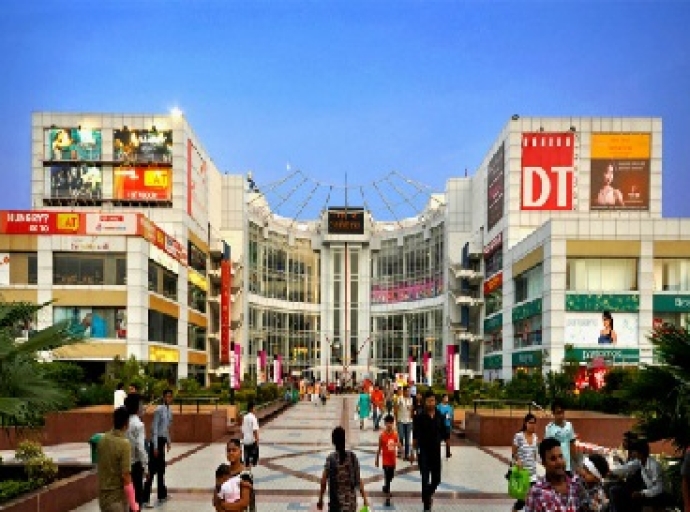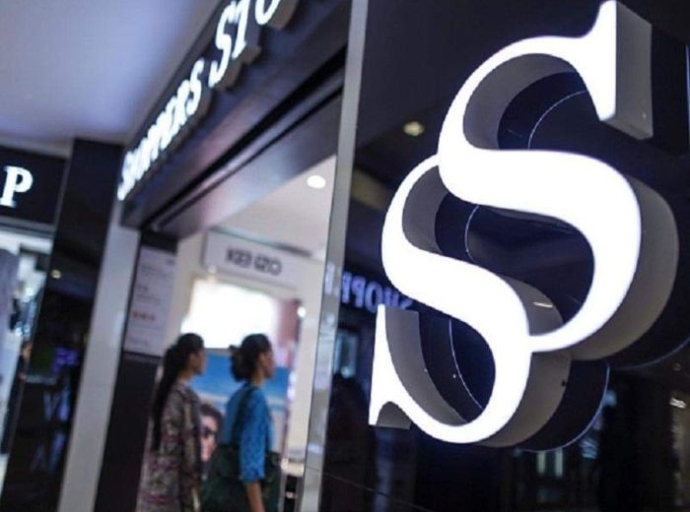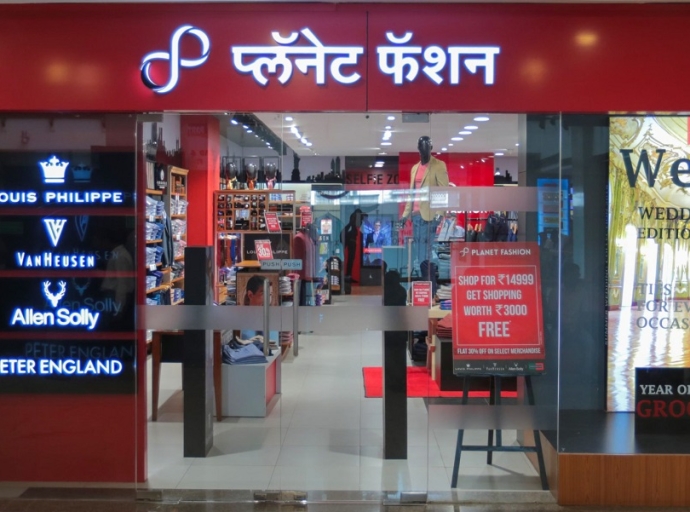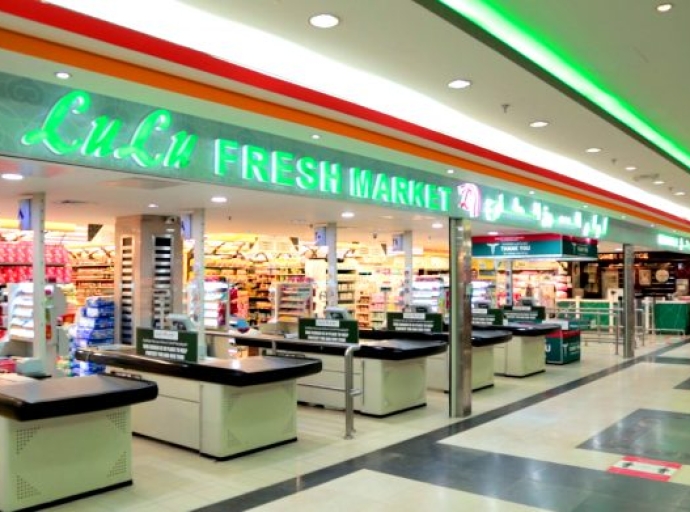22 June 2023, Mumbai
One of the top credit ratings agencies in India, ICRA has projected that on the back of the success of retail across the country, malls will be big beneficiaries as their trading values could increase as much as 4 to 5 percent in FY 2024. ICRA is confident malls are going to increase their rental incomes between 8 and 10 percent.
In the retail sector, jewellery and electronics will see healthy growth while food and beverages, beauty, apparel, accessories, and entertainment will continue to see higher footfalls and sales.
Malls continue fast-forward growth
The rental income of the country’s top six cities witnessed robust growth of 78 percent YOY in FY2023, even though it was on a much-lower based FY2022. This growth is at least 25 to 27 percent higher than pre-Covid times and reinforces economic growth and attitudinal recovery of consumers as they are spending more on non-essentials.
As Anupama Reddy, Vice-President and Co-group Head of corporate ratings points out, this is being driven by higher revenue shared backed by increasing retail trading values and an increase in levels of occupancy across malls.
While malls enjoyed 90 to 95 percent footfalls before the pandemic, now they attract anywhere from almost 125 to 127 percent footfalls.
Many Indian malls have been enjoying high occupancy rates and will be renewing leases at higher rates this year. ICRA has marked mall retail operators’ status as stable.
ICRA states, higher disposable income and preference for experiential shopping, especially for premium product categories, are expected to support retail malls in the medium term.
Many fashion and beauty stores are adding interactive features, such as AI-driven virtual assistants, to synergise the online and offline experience and create experiences beyond just shopping. Consumer confidence continues to recover from the historic low recorded in June 2020.
As per RBI’s Consumer Confidence Survey of May 2023, household spending was buoyant over the last year on the back of higher essential and non-essential spending. This is expected to support retail sales for the mall tenants.
How are iconic high streets faring?
The standard for exceptional shopping experience before the flood of malls took over metros and cities, the fashionable high street did not have the convenience of “all-under-one-roof” and the cool and sanitized environment of modern and plush malls.
India has had some major high streets such as Colaba Causeway in Mumbai, Connaught Place and Khan Market in Delhi, Brigade Road and Indiranagar in Bengaluru, and Park Street and New Market in Kolkata.
Unveiling the Charms of High Streets
While shopping malls are the better fit for premium and international labels, high streets offer the convenience of a range of budgetary options, a personalized service built over customer relationships of generations, and of course the opportunity to get on with a bargain.
Moreover, iconic high streets also have the gravitas of hosting chic labels on their own. Most importantly, a vast percentage of mall foot-fall is deemed as the popcorn crowd, in for some entertainment and a lot of window shopping whereas a high street shopper is more likely purpose-driven.
The Enduring Allure of India's High Streets
Proof that India’s famous high streets continue to be popular is amply demonstrated by the fact that Delhi’s Khan Market is one of India’s most expensive retail rental sites.
According to a Frank Knight report, in terms of efficiency, high streets offer 100 percent efficiency due to low maintenance costs, whereas in the case of shopping malls, the efficiency can range anywhere between 50 to 60 percent depending on the grade of the shopping mall.
This is largely due to high maintenance costs for common areas, central air conditioning, and escalators.
Latest Textile Events





































